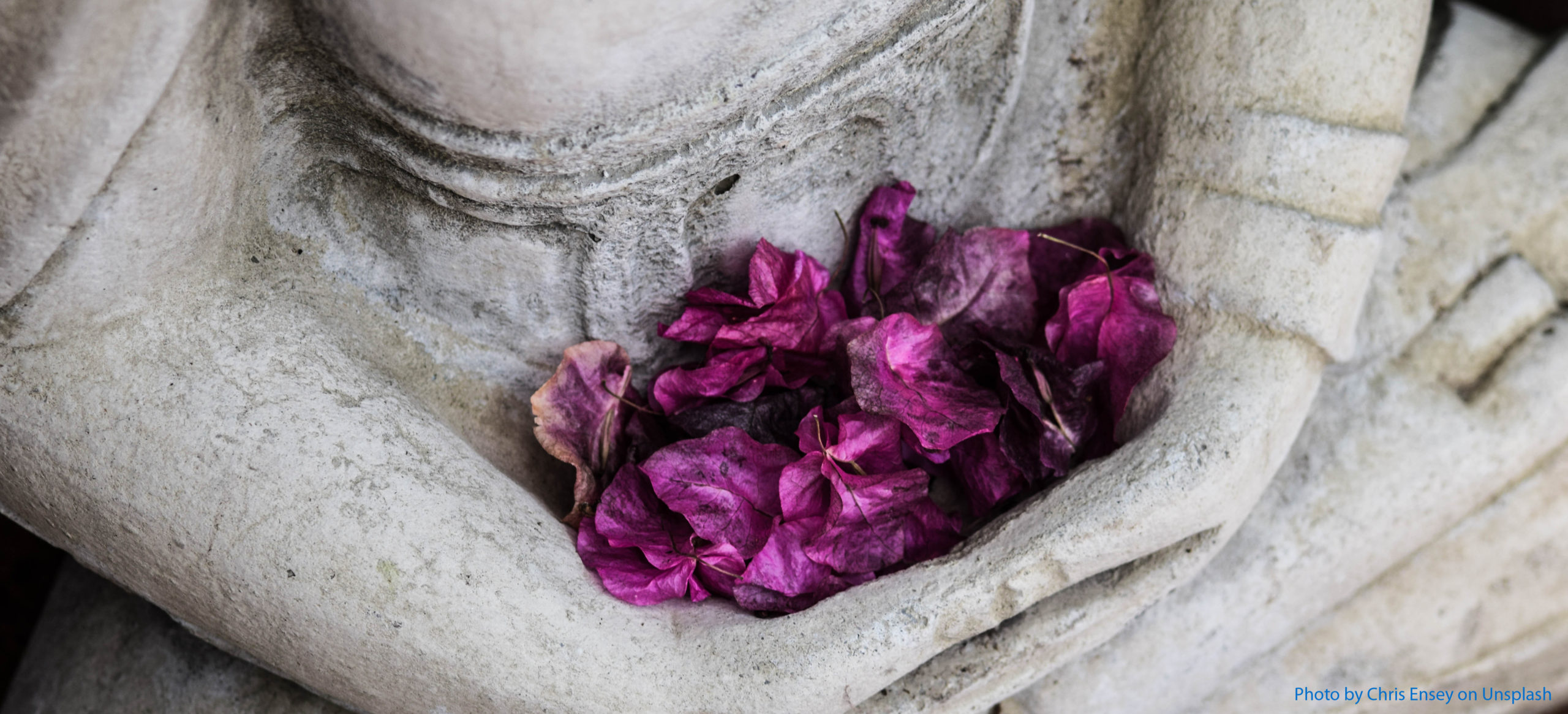
Up to date evidence shows Acupuncture to be a promising therapy in the treatment of anxiety.
Anxiety disorders are prevalent in today’s society affecting between 1-30% of the global population (1). In Australia, it is estimated that 1 in 4 people will experience anxiety in their lifetime (2).
Whilst anxiety can be a normal response to stress, it can be debilitating when symptoms persist long after the event or danger has passed.
Causes of anxiety can be varied and complex. Traumatic events, genetic factors, health concerns and chronic pain can all play a part.
Symptoms of anxiety may include hot and cold flushes, racing heart, rapid breathing, obsessive thinking, feelings of dread, sleep disturbance and avoidance behaviors (3).
A systematic review conducted in 2018 showed an overall decrease in anxiety symptoms in Acupuncture treatment groups, relative to control groups in all 13 studies (4). Findings showed Acupuncture to have a beneficial effect on heart rate variability and a calming effect on the body’s response of neuro-chemicals when under stress (5).
In Traditional Chinese Medicine (TCM), anxiety centres around the concept of the ‘Shen’ or consciousness, which is linked to the heart energy. In TCM, the physical, mental and emotional processes are seen as completely interconnected.
Whilst scientific studies will never quite capture the breadth of Acupuncture’s effects on the body’s Qi and blood according to TCM theory, they are nevertheless extremely valuable as a measure of the physiological changes that can occur through the insertion of acupuncture needles.
These findings show Acupuncture is well placed to be part of an integrated treatment plan and a sound referral option for anxiety sufferers (6),(7). I am hopeful that further research will go towards bridging the gap in understanding between this ancient healing modality and modern medicine.
During an Acupuncture consultation, a holistic approach is taken to carefully assess all factors. This includes a thorough health history, to determine the best course of treatment for the individual.
Treatment is very gentle and most will feel relaxed during and after a session. However, for those new to Acupuncture please feel free to contact me for more details.
**It is important that you let your primary health care practitioner know if you are planning to start any new treatments.
Please click on links in article or refer to full reference list below.
REFERENCES:
1.Baxter AJ, Scott KM, Vos T, Whiteford HA. Global prevalence of anxiety disorders: a systematic review and meta-regression. Psychological Medicine. 2013; 43:897-910 https://www.ncbi.nlm.nih.gov/pubmed/22781489
2. https://www.beyondblue.org.au/the-facts/anxiety
3. https://www.beyondblue.org.au/the-facts/anxiety/signs-and-symptoms
4. Amorim, D., Amado, J., Brito, I., Fiuza, S. M., Clinical, N. A. T. I., 2018. (n.d.). Acupuncture and electroacupuncture for anxiety disorders: A systematic review of the clinical research. Elsevier. https://www.ncbi.nlm.nih.gov/pubmed/29705474
5. Agelink MW, Sanner D, Eich H, Pach J, Bertling R, Lemmer W, Klieser E, Lehmann E. Does acupuncture influence the cardiac autonomic nervous system in patients with minor depression or anxiety disorders? Fortschritte der Neurologie-Psychiatrie. 2003;71:141-9. https://europepmc.org/article/med/12624851
6. Arvidsdotter, T., Marklund, B., & Taft, C. (2013). Effects of an integrative treatment, therapeutic acupuncture and conventional treatment in alleviating psychological distress in primary care patients https://www.ncbi.nlm.nih.gov/pubmed/24200100
7. Goyata SL, Avelino CC, Santos SV, Souza Junior DI, Gurgel MD, Terra FS. Effects from acupuncture in treating anxiety: integrative review. Rev Bras Enferm. 2016 Jun;69(3):602-9. https://www.ncbi.nlm.nih.gov/pubmed/27355312
